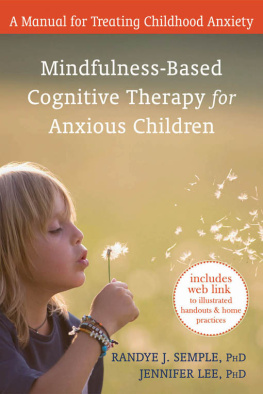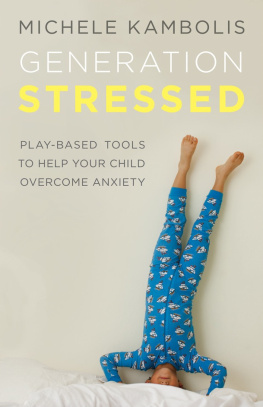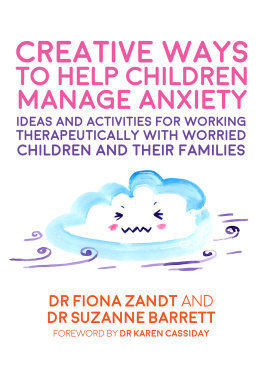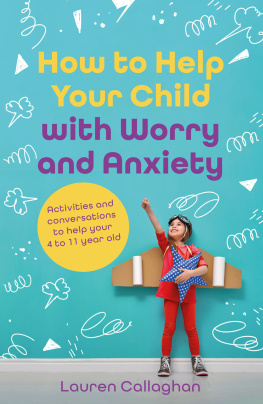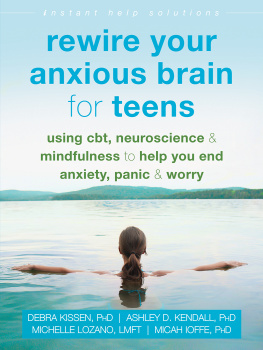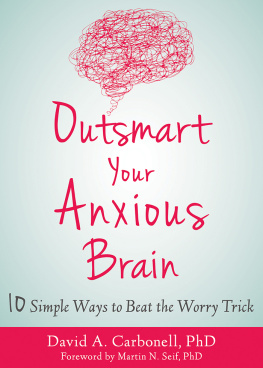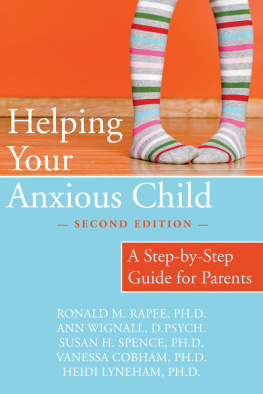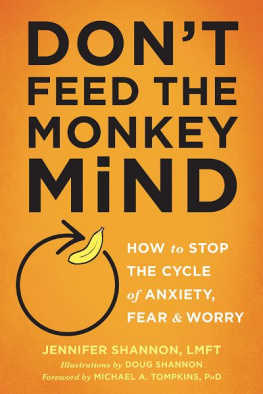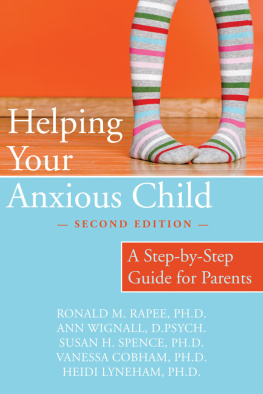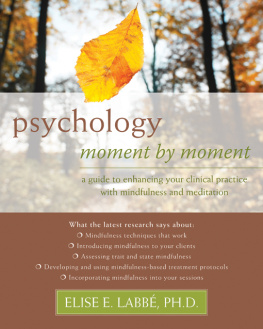Acknowledgments
This book came into being with the encouragement and caring support of a great many people. I would like to offer my deep appreciation to Richard H. Lathrop, a very special friend, who offered his many insightful and constructive suggestions with great loving-kindness. In addition, Ricks meticulous editing of the initial drafts was invaluable to us. The fourteen thousand words he removed now sit in a large jar on my desk as a reminder to be more concise next time. We have learned that publishing a book is more complex than we ever imagined. I would like to express my gratitude to Ann Lathrop for her wise advice about all those small publishing details that authors really do need to know. Many thanks to Beatrice L. Wood for her encouragement and thoughtful critique of earlier drafts. My very special thanks to Tenzin Robert A. F. Thurman. His good humor, directness, and talent for cutting through confusion were tremendously helpful. Lastly, I offer my wholehearted appreciation to my spiritual teachers, Ken McLeod and Thanissaro Bhikkhu (Ajaan Geoff), for their scholarship and skillfulness at translating the dharma, and especially for two decades of patience with my incessant questions about Buddhism. In part, our treatment model emerged from their profound dharma wisdom.
RJS
I express my deepest gratitude to my parents, Moon Jung and Won Jay Lee, who, through their example and devotion, taught me the value of pursuing work that I love. I am evermore grateful for my sisters, Lisa Lee and Julie Lewe, for their loving counsel and support throughout each step of the process. To my family, thank you for being the first inspiration. I express my heartfelt appreciation to my mentors, including David A. Crenshaw, Richmond Greene, Roni Beth Tower, and Suzanne Button. With their compassionate wisdom, they have graciously pointed the way to true north. Id like to offer a special acknowledgment to the memory of John Moseley, my beloved teacher, who taught me all that I know about writing and what it means to write from the heart. I am especially indebted to Scott Jeffrey for his countless hours of encouragement, for generously sharing his intimate knowledge of publishing, and for his uncanny, elvish ability to see what lies ahead. Thank you for your caring presence on this journey.
JL
Adapting many of the concepts and approaches from mindfulness-based cognitive therapy (MBCT), we were fortunate to have received long-standing support and encouragement from the developers of that program. We would like to express our gratitude and offer many thanks to Zindel V. Segal, John D. Teasdale, and J. Mark G. Williams, whose insights and experiences have been invaluable to the evolution of this program. We are honored that Jon Kabat-Zinn, developer of mindfulness-based stress reduction (MBSR), shared with us some of the profound understandings gained over his many years of practice and teaching. We offer our deep appreciation to Jon for his generous review of earlier drafts of the manuscript and for helping us write about complex concepts with clarity and attention to each word. We express our sincere gratitude to Lisa Miller for her devoted mentoring over the years and for inspiring us to follow our hearts. We thank Dinelia Rosa for supporting our work with her astute clinical wisdom and expertise. And to the loving memory of the late Barbara Principe, who graciously introduced us to the children and their families. The program and its development were wholly inspired by the wisdom of these esteemed teachers.
Our illustrator, Denise McMorrow Mahone, deserves a very special acknowledgment. At what may well have been the busiest time of her life, Denise generously contributed her remarkable artistic talents and many thousands of her precious moments to prepare the original, creative, and beautifully integrated drawings you see throughout the handouts.
Many other people enthusiastically donated their time, talents, and knowledge to the development of mindfulness-based cognitive therapy for children (MBCT-C). We offer our thanks and gratitude to Marla R. Brassard, Sarah Brazaitis, Marisol Cunnington, Daphne D. Edwards, Barry A. Farber, Mirna E. Gonzales, Christy Ann Hall, Bruce Hubbard, Robert E. Kelly Jr., Lisa Kentgen, Robert L. Leahy, Patrecia Lenore, Mark Lukowitsky, Susan Masullo, David Mellins, MaryAnn Mustac, Xavier Naranjo, Carol Nasr, Dolores Perin, Beatriz Plaza, Migdalia Rodriguez-DelValle, Brigid Shogan, Ferris Urbanowski, Helena Verdeli, Polly Wheat, Mary M. Whelley, Bettina Wolf, and Justyna Zapolska. We thank the Center for Integrative Studies and Teachers College, Columbia University, for providing research funding for the project.
We are especially grateful to the staff at New Harbinger Publications for their mindful attention to each step in the creation of this book. We extend our sincere gratitude to Matthew McKay for believing in this project. Wed like to thank the editorial manager, Jess Beebe, for providing valuable feedback in the early stages of the process. We appreciate all of the time Heather Garnos, the prepublication director, and Jean M. Blomquist, the copyeditor, put into this book and their meticulous attention to every detail. We greatly appreciate the help of Michele Waters, Jesse Burson, Jeannette Mann, Julia Kent, Amy Shoup, and Nelda Street for their coordinated efforts in bringing the book into being. We particularly wish to recognize Catharine Meyers, our acquisitions director. Catharine gave us cheerful support and wholehearted encouragement from start to finish. The team at New Harbinger has been simply wonderful to work with.
Lastly, we extend our warmest appreciation to the families for their enthusiastic involvement in MBCT-C. We are forever grateful to the children who took part in the program, gave their devoted attention to bringing mindfulness into their own lives, and in the process, inspired us and touched our hearts.
RJS & JL
Appendix A
Information and Resources
Mindfulness and Psychotherapy
Books
Baer, R. A. (Ed.). (2006). Mindfulness-based treatment approaches: Clinicians guide to evidence base and applications. Burlington, MA: Elsevier/Academic Press.
Didonna, F. (Ed.). (2009). Clinical handbook of mindfulness. New York: Springer.
Fontana, D., & Slack, I. (1997). Teaching meditation to children. Shaftesbury, UK: Element Books.
Germer, C. K., Siegel, R. D., & Fulton, P. R. (2005). Mindfulness and psychotherapy. New York: Guilford Press.
Greco, L. A., & Hayes, S. C. (Eds.). (2008). Acceptance and mindfulness treatments for children and adolescents: A practitioners guide. Oakland, CA: New Context/New Harbinger Publications.
Greenland, Susan K. (2010). The mindful child: How to help your kid manage stress and become happier, kinder, and more compassionate. New York: Free Press.
Kabat-Zinn, J. (1990). Full catastrophe living. New York: Bantam Doubleday Dell.
Kabat-Zinn, J. (1994). Wherever you go, there you are: Mindfulness meditation for everyday life. New York: Hyperion.
Kabat-Zinn, J. (2005). Coming to our senses: Healing ourselves and the world through mindfulness. New York: Hyperion.
Segal, Z. V., Williams, J. M. G., & Teasdale, J. D. (2002). Mindfulness-based cognitive therapy for depression: A new approach to preventing relapse. New York: Guilford Press.
Williams, J. M. G., Teasdale, J. D., Segal, Z. V., & Kabat-Zinn, J. (2007). The mindful way through depression: Freeing yourself from chronic unhappiness. New York: Guilford Press.
Mindfulness-Based Cognitive Therapy for Children
Articles
Lee, J., Semple, R. J., Rosa, D., & Miller, L. (2008). Mindfulness-based cognitive therapy for children: Results of a pilot study.

